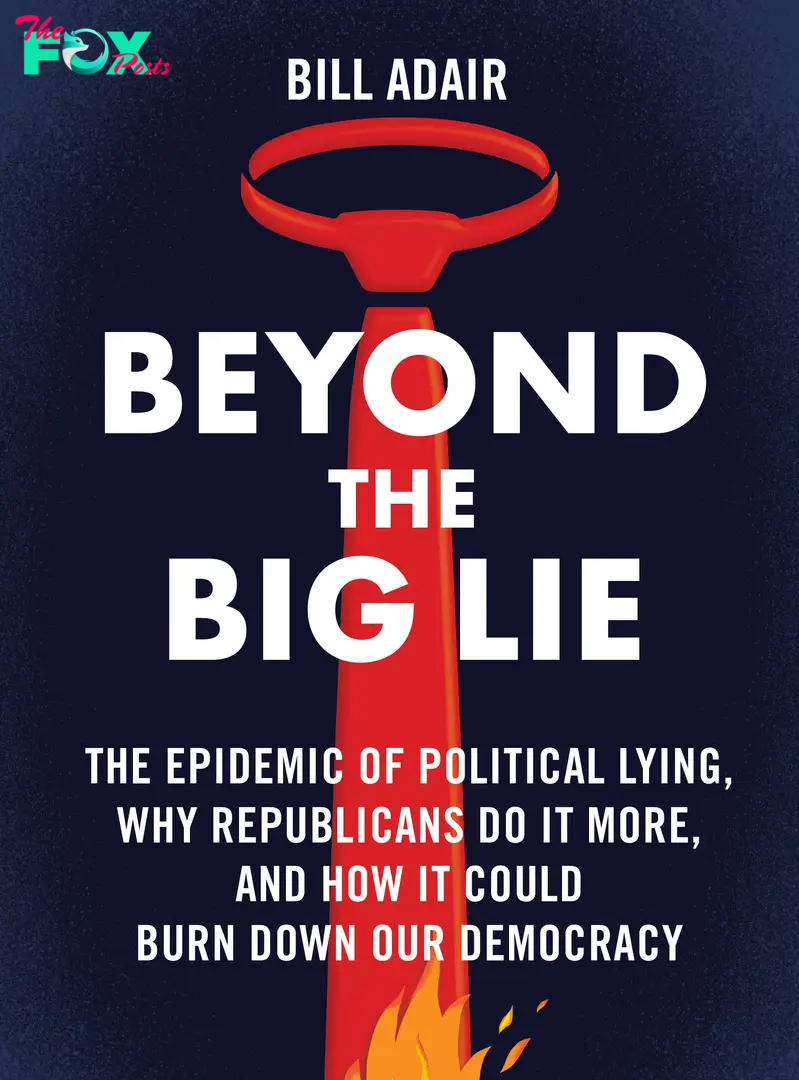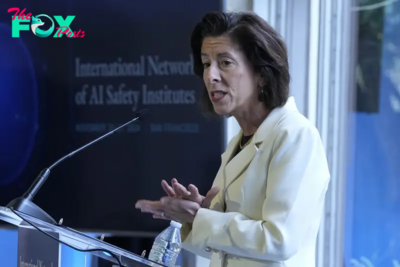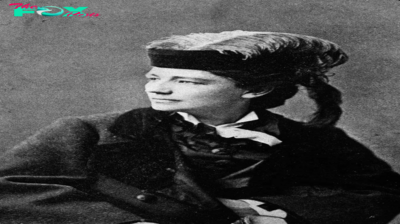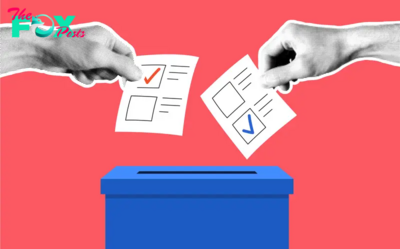US News
How to Make Lying Unpopular in Politics
The general election campaign is in high gear, filling our airwaves, web pages and mailboxes with attack ads, often powered by lies.
We see them every election: TV spots with ominous voiceovers and grainy black-and-white photos and flyers with cherry-picked quotations and dramatic headlines. We roll our eyes and accept lying as an inevitable part of our messy democracy.
But lying matters. It poisons our discourse, breeds cynicism about government, and makes it difficult to have serious conversations about the issues of the day. If politicians lie about issues such as immigration and climate, they can’t agree on common facts that would allow them to work together to find solutions.
I’ve spent much of my career studying lying—first as the founder of the fact-checking site PolitiFact and more recently as the author of a book about how and why politicians do it. I’ve concluded that politicians lie because they believe it pays dividends. It scores points with their base and helps them get rewarded by their donors. There are few, if any, consequences. While scholarly researchers have found fact-checking can be effective at correcting misperceptions, political reporters and independent fact-checkers cannot keep up with the volume of claims. The partisan media either ignores the lies or repeats them because they stir up anger and keep viewers and readers coming back.
But we can change the dynamic—specifically by making lying politically unpopular.

We can borrow an idea from Grover Norquist, the head of Americans for Tax Reform, the conservative anti-tax group. A longtime Washington power broker, Norquist is the enforcer of the Taxpayer Protection Pledge, a promise “to oppose any and all tax increases” that is signed by the vast majority of Republican senators and House members as well as many other GOP candidates and officeholders. By celebrating the signers and trying to pressure the holdouts, Norquist has been a singular force in establishing the GOP’s anti-tax culture.
You might disagree with the Politics of his anti-tax pledge, but it does show how peer pressure and party culture creates change. Now, let’s think about combatting lying again. If candidates and elected officials faced the same pressure about lying that Republicans feel about opposing taxes, it could become part of their core beliefs and make them think twice about filling their ads and flyers with falsehoods.
Read More: 9 Ways to Respond to Political Misinformation
In fact, to reduce lying, we need to change the incentives and build an anti-lying culture in both parties. (Although my research finds that Republicans lie more, Democrats produce plenty of whoppers. The pledge needs to be bipartisan.)
I’m not the first to suggest this idea. A group called Intentional Insights tried something similar in 2017, the Pro-Truth Pledge, but it did not get the visibility or critical mass of signers that it needed.
A lying pledge—it could be a relatively simple vow that the candidate or official would not lie in campaign materials nor to the media—would need an organization to keep track of the signers. Then, peer pressure and voter interest would kick in. Candidates could boast about their commitment in ads and speeches, as many of Norquist’s signers do. They could raise a ruckus about opponents who won’t sign.
Enforcing the pledge would be left to public opinion. Take it from someone who, as PolitiFact editor, was often accused of being “the arbiter of truth”: It would get messy if a single organization tried to determine who broke the pledge. But the group doesn’t need to wade into that thicket. It need only track the signers and can leave the determination of liars to public opinion.
Opponents and rival parties would surely pounce on every opportunity to call out a violation. Journalists and fact-checkers could then explore the complaints just as they do for claims about corruption or other accusations. The debate—even an extended brouhaha about an accused violator —will elevate the prominence of lying. Voters will be on the lookout for it. The result: fewer lies.
From Beyond the Big Lie by Bill Adair, published by Atria Atria Publishing Group a division of Simon & Schuster. Copyright (c) 2024 by Bill Adair
-

 US News1d ago
US News1d agoFlorida Man Arrested and Charged With Planning to Bomb the New York Stock Exchange
-

 US News1d ago
US News1d agoU.S. Gathers Global Group to Tackle AI Safety Amid Growing National Security Concerns
-

 US News1d ago
US News1d agoTexas Offers Trump Land on U.S.-Mexico Border for Potential Mass Deportations
-

 US News2d ago
US News2d ago4B Is Not the Winning Strategy to Resist the Patriarchy People Think It Is
-

 US News2d ago
US News2d ago‘Bomb Cyclone’ Threatens Northern California and Pacific Northwest
-

 US News2d ago
US News2d agoClimate Action in Trump 2.0
-

 US News2d ago
US News2d agoWhat Victoria Woodhull’s Presidential Run Can Teach Us About America Today
-

 US News3d ago
US News3d agoThese Races Still Don’t Have a Clear Winner Two Weeks After Election Day



















